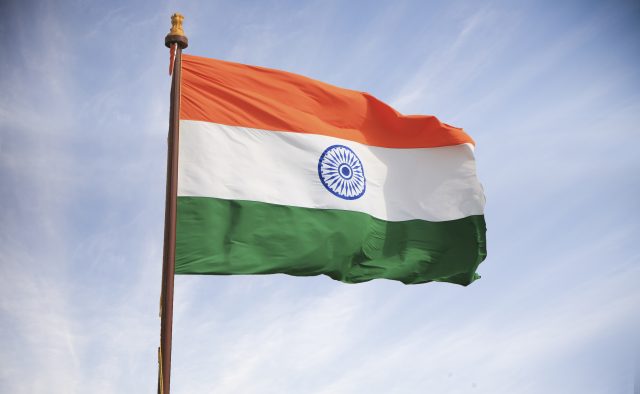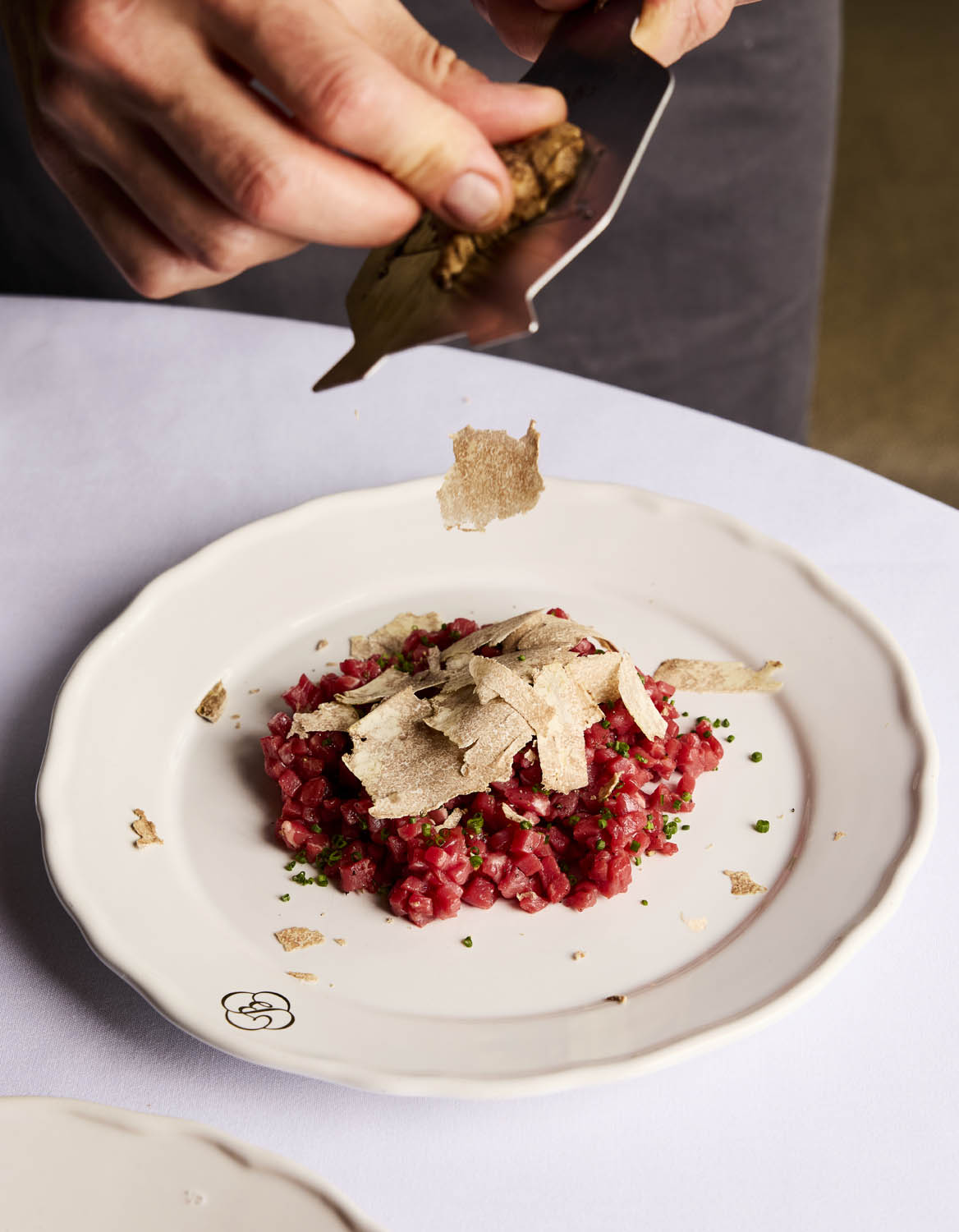Brewers Association of India created
The three biggest brewers in India have formally joined forces to boost the market and promote their interests to the government.

United Breweries (controlled by Heineken), AB InBev and Carlsberg, who between them account for about 85% of the country’s beer sales, have created the Brewers Association of India.
Formed in partnership with the World Brewing Alliance (which embraces most consuming countries), their purpose, they say, is “to grow the beer category in India and to drive innovation, moderation and sustainability”.
Open to all
Their new body is open to all brewers in the country. Its first action has been to lobby the national government in Delhi about how beer is taxed in India, a factor they say has caused the Indian beer market to stagnate at around 400 million cases a year, despite its vast growth potential.
They also blame restrictive retail licensing rules for restricting beer sales.
Unlike in most other countries, India taxes spirits and beer on the volume of liquid in the bottle rather than the alcohol content.
This is the biggest deterrent to growing demand, according to Vinod Giri, the director general of the newly formed trade body, who took office at the weekend.
Penalties
This regime means that low-alcohol content products such as beer are “penalised” by making them more expensive than spirits in real terms, he said.
A litre bottle of beer with 5% alcohol content carries the same tax as a litre bottle of whiskey with 40% alcohol content. Consequently, beer becomes relatively more expensive compared to spirits, he said.
As a result, says Giri, the former director general of the Confederation of Indian Alcoholic Beverage Companies, India’s brewers are at a distinct disadvantage to those operating in much of the rest of the world.
Partner Content
Globally, governments shape regulations to shift consumers towards lower-alcohol products like beer, but not in India.
“Such a move, if made, will not only unlock the beer potential in the country, but also go a long way in encouraging moderate and responsible alcohol consumption,” Giri said.
In 2023, the beer market grew by 6.5%, with sales reaching just over 31 million hectolitres, or about 400 million cases.
China
But in China, which has a slightly smaller population, 420 million hectolitres were sold in 2022 compared with a mere 29 million in India.
In the same year, the US, with a population about a fifth of India’s, consumed 204 million hectolitres and Brazil 149 million. Even Vietnam, with a population 14 times smaller than India’s, sold more than 50 million hectolitres in that year, he pointed out.
According to IWSR, under the present taxation regime, the beer market in India will grow at a combined annual rate of about 3% between now and 2027.
Retail licensing rules and fees in India also do not differentiate between low-alcohol products such as beer and higher strength drinks.
Disadvantages
Beer, Giri says, faces greater complexities and higher distribution costs, such as cold supply chains and limited shelf life, putting the category at a further competitive disadvantage to spirits
“Our joint commitment [in forming the new association] is to accelerate the category growth of the beer industry in India,” said Vivek Gupta, the managing director and CEO of Heineken-controlled United Breweries, the country’s biggest supplier.
“Together, the industry can help shape policies promoting responsible choices for consumers around moderate alcohol beverages, a robust taxation and regulatory framework and promoting investments for socio-economic benefits, he said.
Related news
Diageo sells East African Breweries stake to Asahi for US$2.3bn




